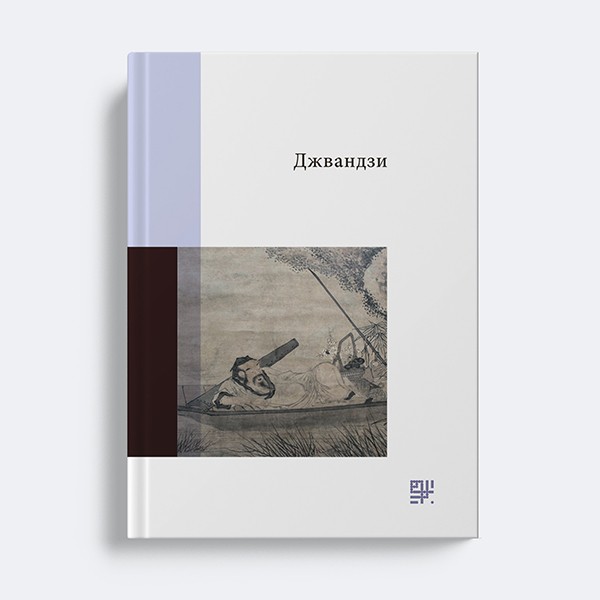
One of the top 18 best foreign books of 2019, according to PEN.Ukraine. Our publication is the first-ever Ukrainian translation of the philosophical heritage of ancient China. Up to 2019, neither the Daodejing by Laozi nor works by Confucius have been published in Ukrainian translations.
Thirty-three chapters of the Zhuangzi combine parables, reflections, stories, anecdotes, retellings of old chronicles, and records of mythical insights. Despite the thematic diversity, all of them deal with the topic of human dignity and search for the meaning of life.
The Zhuangzi is one of the primary sources for studying classical Chinese philosophy. Feng Youlan, a prominent historian of Chinese philosophy, once said, «One cannot understand the Chinese culture without this text». Even though the Zhuangzi, along with the Daodejing, later became a fundamental text of Taoism, one cannot imagine Buddhism or Confucianism as we know them today without it.
It is no wonder that The Zhuangzi became a tabletop book for many generations of poets and artists, from Li Bai and Du Fu, well familiar to the Ukrainian readers, to just as prominent Su Shi and Lu You. It did not go unnoticed by the Western artists, either. The Zhuangzi influenced German philosophers Martin Buber and Martin Heidegger. It was admired by the beatniks Jack Kerouac and Allen Ginsberg, as well as famous science fiction writers Ursula Le Guin and Ted Chiang. Even though the Ukrainian culture was missing the translation of The Zhuangzi, allusions and references to this text can be found in Mykola Lukash’s epigrams and Oleh Lysheha’s poems, in the letters of Vasyl Stus and poetry of Volodymyr Tsybulko. Taking root in the realities of the Far East, the text is neither hermetic not ethnocentric. Its imagery and parables that have fascinated the people in China, Japan, and Korea for the past two and a half millennia will definitely strike a chord with Ukrainian readers.
One of the most popular philosophical works of the Chinese classics dating back to the 3rd century B.C.